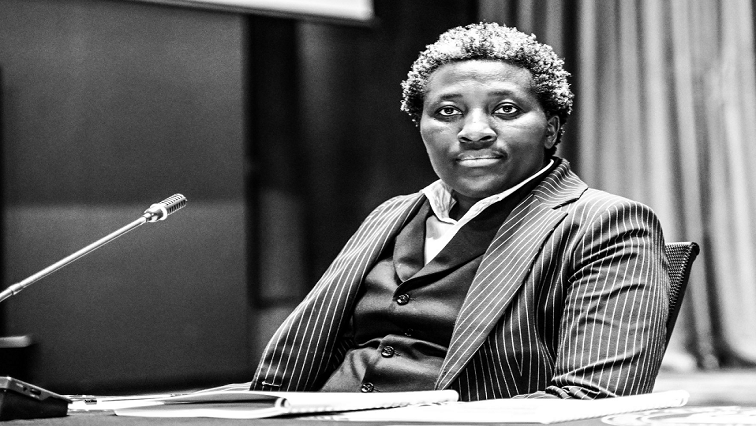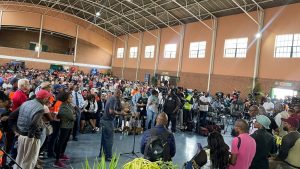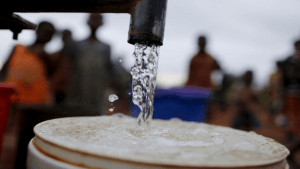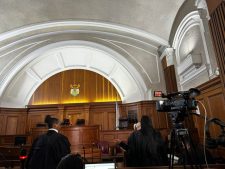A candidate for the secondment to the Land Claims Court in the Gauteng Division of the High Court, Luleka Flatela, has dispelled the assertion that her role as an activist may pose a challenge should she be appointed as a Judge.
Flatela is appearing before the Judicial Service Commission in Sandton, Johannesburg, on its fourth day of conducting interviews to fill vacancies in several courts across the country.
She has acted as a judge in the Eastern Cape High Court, the Gauteng High Court and the Land Claims Court.
Flatela earned the name ‘The People’s Lawyer’ during the Fees Must Fall movement in 2015.
During that time, Flatela represented students in bail hearings and civil and disciplinary matters emanating from unrest calling for access to universities.
This was her response when she was asked about her independence: “Activists as I know them, they are the ones that are balancing the rights well and are not afraid to go where others are afraid to go, so I think all of us should be activists, especially then in the land claims court where you are dealing with the most vulnerable and the most privileged. So, in terms of balancing their rights, I think my background of being an activist is going to assist a lot in the land claims court.”
Hague Conference
On Wednesday, Justice Baratang Mocumie criticised South Africa for its lack of participation in the Hague Conference on Private International Law (HCCH). She appeared before the JSC in Sandton for an interview for a position on the Electoral Court.
Mocumie represents South Africa in the HCCH, a body that aims to overcome the challenges that accompany cross-border judicial procedures and determine which country has the jurisdiction.
The organisation currently has 91 member states of which South Africa is a part.
Speaking to Justice Minister Ronald Lamola, who is part of the Judicial Service Commission (JSC), Mocumie lamented the department’s laissez-faire approach.
“South Africa is not participating as it should. We are forever saying we need to speak in one voice. We don’t get inputs from the department (or) from the office of the Chief Justice. We don’t have resources to look into exactly how we can speak more about Hague conventions and the impact of international child abductions on our own children. You may think because it’s under family law, it’s a soft skill that doesn’t need (attention) but there’s a lot that can be done there to improve our systems, to improve the protection of our children, they are the most vulnerable.”
VIDEO | Research and Advocacy Officer of Judges Matter, Zikhona Ndlebe discusses the interviews:






